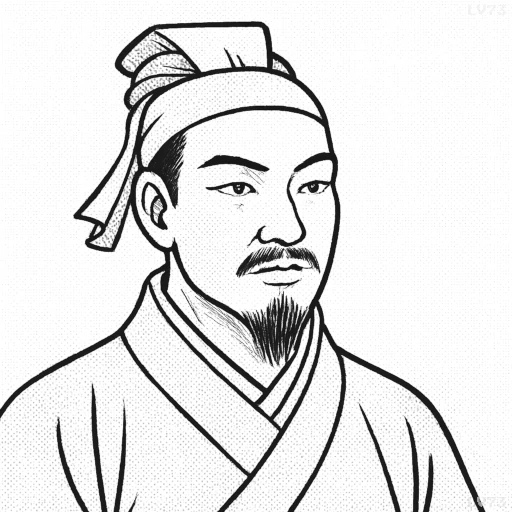“To see victory only when it is within the ken of the common herd is not the acme of excellence.”

- 544 BC-496 BC
- Born in China
- Military strategist, military strategist
table of contents
Quote
“To see victory only when it is within the ken of the common herd is not the acme of excellence.”
Explanation
In this quote, Sun Tzu argues that true excellence in strategy lies not in simply recognizing victory when it is apparent to everyone, but in having the foresight, wisdom, and subtlety to see it before it becomes obvious to the masses. The “common herd” represents the general public or those who lack the deeper understanding or insight that strategic thinkers possess. The ability to recognize the path to victory early on, through calculation, planning, and adaptation, before it becomes widely apparent, demonstrates true skill. This requires not only strategic vision but also the ability to act decisively without waiting for public recognition or the approval of others.
In business and leadership, this principle highlights the value of long-term thinking over short-term recognition. Successful leaders and companies often make decisions or investments based on insight and analysis that may not be immediately understood or appreciated by the public or the competition. For example, Jeff Bezos and Amazon were criticized for years due to the company’s focus on long-term growth and reinvestment, rather than short-term profits. Yet, Bezos recognized early that e-commerce was a rapidly growing field, and by focusing on building infrastructure, data centers, and a global logistics network, Amazon positioned itself to dominate once the broader market caught up. Those who saw victory in the future and acted accordingly were ahead of the common perception.
In military history, this concept applies to those who could anticipate victory through careful planning and preparation, well before the outcome became clear to others. For example, General Dwight D. Eisenhower’s planning of D-Day was a strategic gamble that was not immediately obvious to many, but the success of the invasion turned the tide of World War II. Eisenhower’s understanding of the enemy’s weaknesses, and his careful manipulation of misinformation, allowed him to win before the battle even began. Similarly, Napoleon Bonaparte was known for his ability to recognize and exploit opportunities well before they became apparent to the public or his enemies, often making swift and decisive moves that others would only later understand as strategically brilliant. In both historical and modern contexts, true excellence lies in strategic foresight—understanding what others cannot see, and acting when victory is still within the realm of possibility, rather than waiting for it to become evident to all.
Would you like to share your impressions or related stories about this quote in the comments section?

